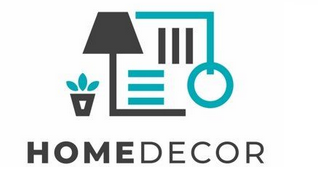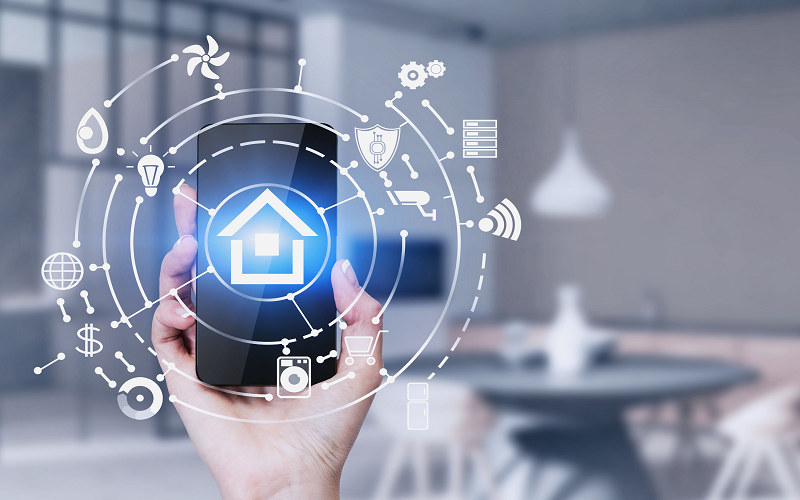The idea of “smart homes” is becoming more and more popular in this fast-paced digital world where technology is always present in our daily lives. A smart home is more than just a trend; it’s a sign of comfort, speed, and safety. Electricians are at the center of this technological change as they are the ones who set up and maintain smart home technologies. They are the ones who designed modern home automation, which includes everything from automatic lighting systems to high-tech security features. So the demand for electricians will grow.
Understanding Smart Home Technology
Smart home technology encompasses a wide array of interconnected devices and systems designed to automate and streamline various aspects of home management. These technologies include but are not limited to:
Automated Lighting Systems: Smart lighting systems use sensors, timers, and programmable settings to change the amount of light based on who is in the room, the time of day, or the user’s tastes.
Home Security Systems: From surveillance cameras to smart locks and alarm systems, home security technology offers homeowners remote monitoring and control over their property’s safety.
Smart Thermostats: These devices regulate home temperature by learning user preferences and adjusting settings for optimal comfort and energy efficiency.
Entertainment Systems: Integrated audio-visual systems enable users to control media playback, volume, and even mood lighting from a centralized interface.
Energy Management Systems: Smart home technology includes tools for monitoring and managing energy consumption, helping homeowners reduce waste and save on utility bills.
The Crucial Role Of Electricians
Electricians serve as the backbone of smart home technology implementation. Their expertise ensures that these sophisticated systems are installed correctly, integrated seamlessly, and maintained effectively. Here’s how electricians contribute to the advancement of smart homes:
Installation Expertise: Electricians possess the technical know-how to install complex electrical systems safely and efficiently. Whether it’s wiring for smart lighting, configuring network connections for security cameras, or integrating smart appliances into the electrical grid, electricians ensure that every component operates flawlessly.
System Integration: Smart home technology involves the integration of disparate devices and systems into a cohesive network. Electricians have the expertise to ensure compatibility between different technologies and devices, enabling seamless communication and coordination within the smart home ecosystem.
Customization And Personalization: Smart home technology should be customized to fit the wants and tastes of each homeowner since each home is different. Electricians work closely with customers to understand their needs and then create smart home setups to meet those needs. This makes sure that the systems work well and the users have a great experience.
Safety And Compliance: Electrical safety is paramount in smart home installations. Electricians adhere to stringent safety standards and building codes to mitigate the risk of electrical hazards and ensure compliance with regulatory requirements. From proper grounding and circuit protection to fire safety measures, electricians prioritize the safety of occupants and property.
Troubleshooting And Maintenance: Like any technology, smart home systems may encounter issues or require regular maintenance to operate optimally. Electricians provide troubleshooting expertise to diagnose and resolve technical problems promptly. Additionally, they offer routine maintenance services to ensure that smart home systems remain operational and up-to-date.
Enhancing Efficiency And Comfort
Smart home technology offers numerous benefits beyond mere convenience. These systems improve comfort and efficiency while lowering their effect on the environment by automating routine tasks and making the best use of resources. Electricians play a crucial role in maximizing these benefits through meticulous installation, configuration, and maintenance of smart home technologies.
Energy Efficiency: Smart home systems, such as programmable thermostats and energy monitoring devices, empower homeowners to manage energy consumption more effectively. By optimizing heating, cooling, and lighting based on occupancy patterns and environmental conditions, electricians help homeowners reduce energy waste and lower utility bills.
Convenience And Accessibility: Smart home technology enables remote access and control of various systems, allowing homeowners to manage their homes conveniently from anywhere. Whether it’s adjusting thermostat settings, monitoring security cameras, or controlling lighting and appliances, electricians ensure that these features are accessible and user-friendly.
Enhanced Security: Homeowners care a lot about keeping their homes safe, and smart home technology can help them protect their belongings and their families. Electrical contractors set up and maintain security systems that include cameras, motion detectors, and smart locks to keep homes safe from burglars and emergencies.
Improved Comfort And Well-Being: Smart home features such as automated lighting, motorized window treatments, and personalized climate control enhance indoor comfort and promote well-being. Electricians help homeowners create environments tailored to their preferences, fostering relaxation, productivity, and overall quality of life.
The Future Of Smart Homes And Electricians
The part electricians play in making smart houses better in the future will change as technology does. Emerging innovations, such as artificial intelligence, Internet of Things (IoT) connectivity, and renewable energy integration, will further transform how homes are powered, managed, and experienced. Electricians will remain at the forefront of this evolution, leveraging their expertise to harness the full potential of smart home technology.
Integration Of AI And IoT: Artificial intelligence algorithms and IoT connectivity will enable smart home systems to learn and adapt to user behavior dynamically. Electricians will play a vital role in implementing these advanced features and ensuring seamless integration with existing infrastructure.
Renewable Energy Integration: As environmental awareness grows, smart home systems that use green energy sources like solar power are becoming more common. Electricians will be responsible for integrating solar panels, battery storage systems, and energy management technologies to maximize the efficiency and eco-friendliness of smart homes.
Remote Diagnostics And Maintenance: The proliferation of remote monitoring and diagnostic tools will revolutionize how electricians address technical issues in smart home systems. Through remote access and troubleshooting capabilities, electricians will be able to resolve problems swiftly and proactively, minimizing downtime and inconvenience for homeowners.
Expansion Of Smart Home Ecosystem: The smart home ecosystem will continue to expand, encompassing a broader range of devices and services aimed at enhancing convenience, safety, and sustainability. Electricians will adapt to these advancements, staying abreast of emerging technologies and evolving industry standards to deliver cutting-edge solutions to homeowners.
In conclusion, electricians play an indispensable role in the implementation and maintenance of smart home technology. Their expertise ensures that these sophisticated systems are installed safely, integrated seamlessly, and optimized for efficiency and convenience. As smart homes become increasingly prevalent and sophisticated, electricians will continue to be instrumental in shaping the future of residential automation, creating homes that are safer, more comfortable, and more sustainable than ever before.

